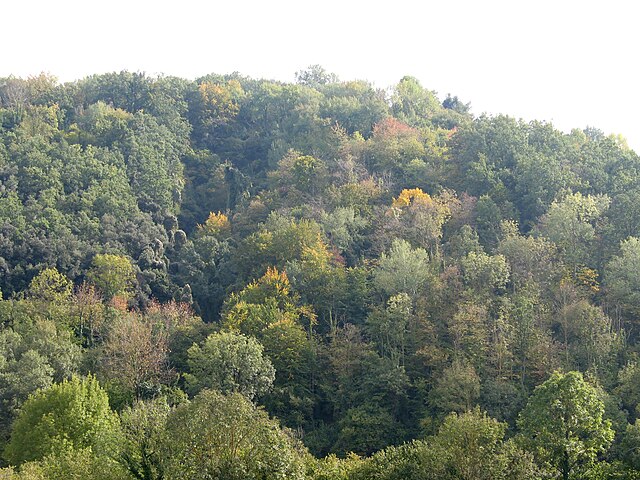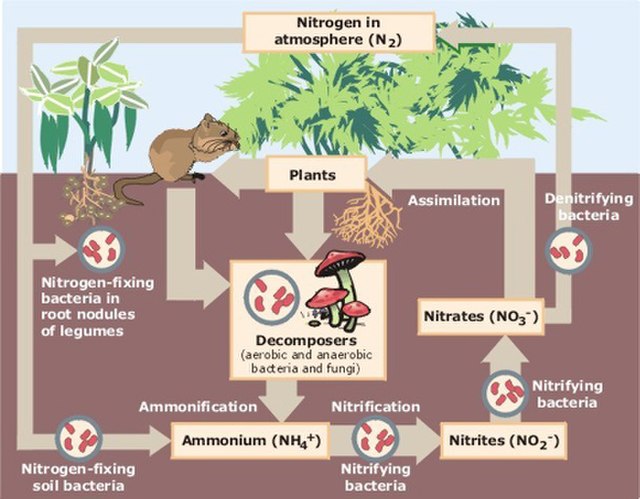Ecoforestry has been defined as selection forestry or restoration forestry. The main idea of ecoforestry is to maintain or restore the forest to standards where the forest may still be harvested for products on a sustainable basis. Ecoforestry is forestry that emphasizes holistic practices which strive to protect and restore ecosystems rather than maximize economic productivity. Sustainability of the forest also comes with uncertainties. There are other factors that may affect the forest furthermore than that of the harvesting. There are internal conditions such as effects of soil compaction, tree damage, disease, fire, and blow down that also directly affect the ecosystem. These factors have to be taken into account when determining the sustainability of a forest. If these factors are added to the harvesting and production that comes out of the forest, then the forest will become less likely to survive, and will then become less sustainable.

Mixed and irregular deciduous forest in Catalonia
Forest with irregular structure and mixed composition, in NE Germany.
An ecosystem is a system that environments and their organisms form through their interaction. The biotic and abiotic components are linked together through nutrient cycles and energy flows.
Flora of Baja California desert, Cataviña region, Mexico
Global oceanic and terrestrial phototroph abundance, from September 1997 to August 2000. As an estimate of autotroph biomass, it is only a rough indicator of primary production potential and not an actual estimate of it.
A freshwater lake in Gran Canaria, an island of the Canary Islands. Clear boundaries make lakes convenient to study using an ecosystem approach.
Biological nitrogen cycling






